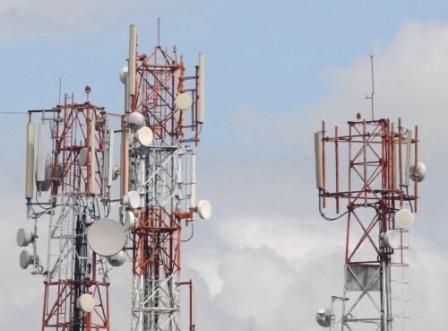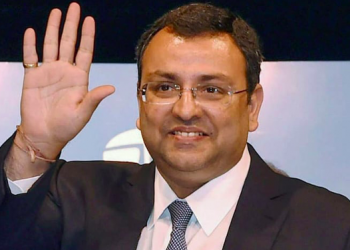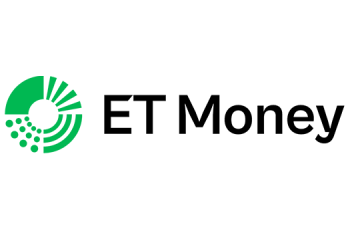
New Delhi : In a move that could give a much needed boost up to the prospect of telecom industry and benefit the users in-directly, today the telecom regulator is expected to propose the government to allow operators to share all kinds of allotted airwaves and liberalising the cap on the spectrum that can be pooled in, recommendations that could help companies better utilise the scarce and pricy resource and consumers get better services.
The TRAI also doesn’t favour any restrictions on the tenure for operators to share airwaves, according to a draft of the guidelines prepared by the regulator on bandwidth sharing. However, it has limited such sharing between two operators only which was against the demand of the Telecom industry for sharing airwaves with multiple operators in-order to avoid them hording it.
Sharing allows operators pool in their spectrum and use it, thereby resulting in optimum use of the most import asset for a telecom company.
It provides a new avenue for stronger operators like Airtel, Vodafone and Idea Cellular to beef up their bandwidth holdings without having to take part in auctions. For weaker players, sharing of spectrum offers a way to monetise their bandwidth assets.
For consumers, this could mean better quality of voice services and faster data speeds, and could translate into lower tariffs as operators’ cap-ex could fall.
However, allowing bandwidth sharing could reduce aggressive bidding in spectrum auctions, which could affect government revenue.
Despite TRAI’s recommendations the final call rests with Department of Telecommunications (DoT), if it finds that the proposal is not feasible. it could return the proposals to TRAI.
As an alternative solution to the Government’s apprehension on revenue losses, TRAI is likely to recommend that the government charge an additional spectrum usage charge of flat 0.5% on fourth-generation airwaves (2300 Mhz) that are shared, and at least 0.5% on all other bands.

















